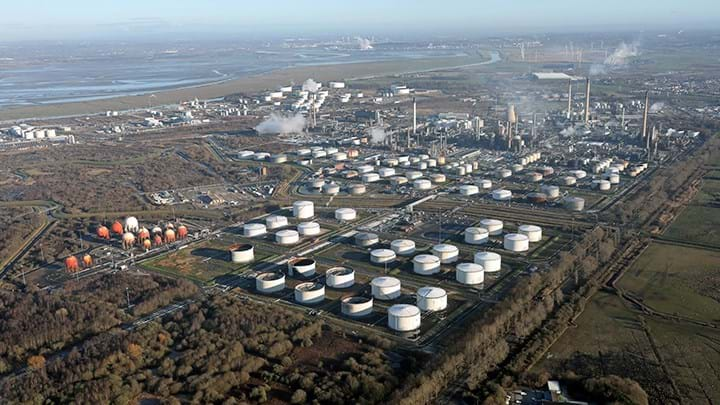University of Chester engineering faculty faces relocation

Council planners reject retrospective change-of-use application
THE University of Chester is facing the possibility of relocating its science and engineering faculty at Thornton Science Park after the local council refused to grant retrospective planning permission due to the proximity of Stanlow oil refinery.
The site was formerly the Shell Technology Centre, and in 2014 was gifted by Shell to the university, which then developed the Thornton Science Park. The science and engineering faculty has been on the site since then and six of the buildings in the science park are used as teaching space for around 700 students.
Planning permission for change of use was not sought at the time, as the university had sought advice from senior planning officers who said that no change-of-use application was required. At the suggestion of the council, the university later submitted a local development order (LDO), which would allow for expansion at the site without separate applications being required for each development. During this process, the Health and Safety Executive (HSE) raised questions on the existing planning permission, which resulted in the university submitting a retrospective planning application in December 2017.
The planning committee voted by a ruling of seven to four to reject the application to change from an industrial to an educational site. The council acted on advice from the HSE stating that students were classed as members of the public, rather than employees, and that the proximity of the campus to the Stanlow oil refinery poses a hazard to students.
Stuart Reston from the HSE told The Chester Chronicle: “The Thornton Science Park falls wholly within the inner zone where the risk of being exposed to a toxic substance, an explosion overpressure or a thermal hazard is highest. For major accidents involving fire and explosion, HSE has assessed a representative worst case event which, if it were to occur, would lead to a high likelihood of fatality for people outdoors, and people indoors would likely receive a dangerous dose or worse.”
Tim Wheeler, vice-chancellor of the university, told Times Higher Education: “Our location is absolutely aligned and on mission with the government’s industrial strategy. Working with industry is exactly what we should be doing as a country so in that sense it’s frustrating to be told [we’re in the wrong].”
This article is adapted from an earlier online version.
Recent Editions
Catch up on the latest news, views and jobs from The Chemical Engineer. Below are the four latest issues. View a wider selection of the archive from within the Magazine section of this site.




